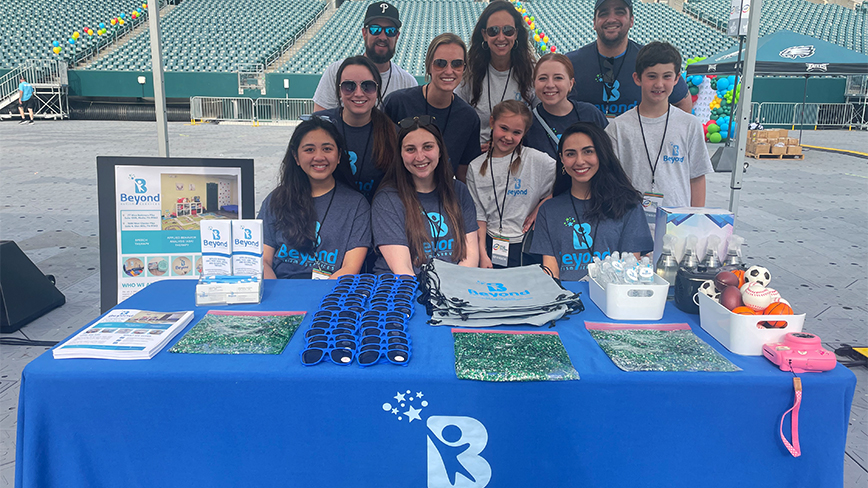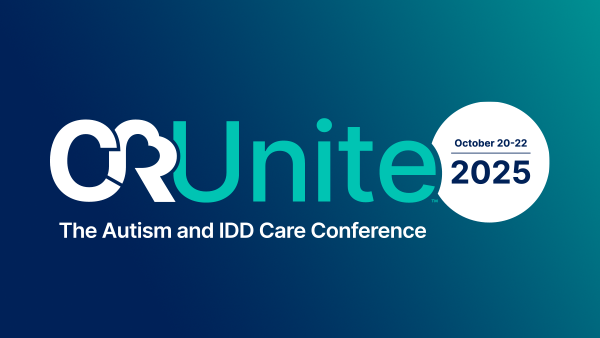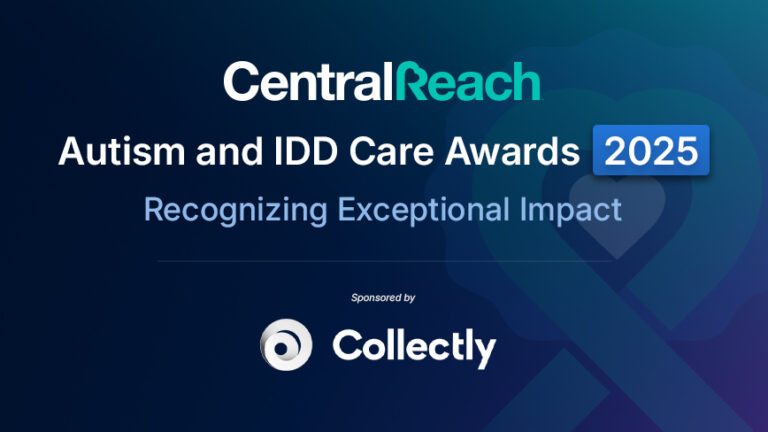The FSI Hackathon for Autism has attracted developers, designers, and other people from the financial services industry to to address real world issues that affect people with autism and their families. Professionals from businesses such as Morgan Stanley, EY, American Express, Nasdaq, and Microsoft bring their coding, UI/UX (user interface, user experience), and other design and engineering skills to bear on five different use cases. Every year the amazing charity event showcases the power of technology and collaboration to lead to solutions that can make not only a positive impact on society but shift how clinicians and teachers deliver autism interventions.
CentralReach has served as partner in the hackathon for five years. Having the largest data set of clinical interventions in the therapy and educational space, CentralReach contributes massive amounts of data (i.e., millions of lines of code) to use case 3, AI/ML for Behavior Data.
What can be gained through the hackathon by examining a significant database of behavioral data?
More Accuracy
Compared to conventional techniques, machine learning algorithms have superior accuracy when analyzing huge and complicated datasets. As a result, predictions and insights regarding behavior and treatment outcomes may become more precise.
Faster Analysis
Machine learning (ML) algorithms are significantly more efficient at analyzing massive datasets than people, enabling researchers to study more data in less time and produce new insights more quickly.
Customized Care
By examining trends in ABA data, machine learning can pinpoint particular elements that point to successful intervention outcomes. Machine learning greatly increases likelihood of success by helping professionals customize treatment regimens to meet the specific needs of each person
Improved Resource Allocation
By identifying the most efficient and effective interventions for particular groups of autistics (e.g., children, adults), machine learning can assist clinicians and teachers in better resource allocation and increase the effectiveness of their interventions.
Generally speaking, machine learning can offer insightful information about ABA data that can guide treatment choices, enhance outcomes, and promote the discipline of behavior analysis.
Charity hackathons like the FSI Hackathon for Autism focuses on social good and always results in ideas and code that could lead to real product innovations and solutions that can help children through adults with autism. The power of technology and collaboration create solutions that are transformative. If you would like to join, help, or observe the results of the hackers, visit fsi-hack4autism.github.io/
Check back for future blogs where I discuss the outcomes of the CentralReach data and the subsequent AI/ML outputs!

Dr. Rick Kubina, BCBA-D
CentralReach Director of Research
Richard M. Kubina Jr., Ph.D., BCBA-D is a Professor of Special Education at The Pennsylvania State University and teaches courses on methods for teaching reading, behavior analysis, and experimental design. Rick graduated from Youngstown State University where he had Steve Graf as an advisor and then received a Masters and Ph.D. from The Ohio State University under John Cooper.
Rick conducts wide-ranging research in the area of Applied Behavior Analysis and Precision Teaching. He also served as the editor of the Journal of Precision Teaching and Celeration. He has dedicated his professional career to helping behavior change agents such as teachers, behavior analysts, and other helping professionals efficiently change behavior through effective teaching and measurement such as Precision Teaching. Rick co-founded a software called Chartlytics. Chartlytics merged with CentralReach where Rick has assumed the role of Director of Research.
At CentralReach, Rick explores how technology can accelerate superior outcomes for all those seeking to engender professional and personal success.



